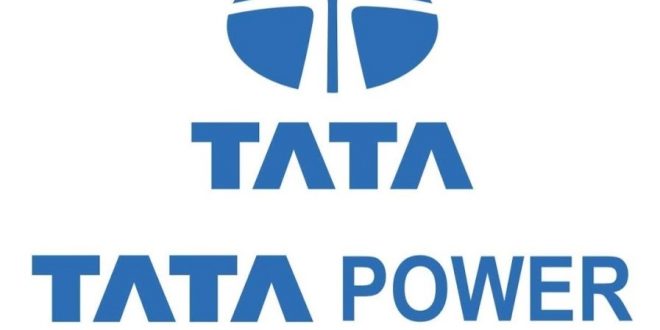Mumbai: Tata Power Company Limited has been awarded the Letter of Intent (LoI) as the successful bidder to own the licence for the distribution and retail supply of electricity in Odisha’s five circles, together constituting Central Electricity Supply Utility of Odisha (CESU).
Odisha Electricity Regulatory Commission (OERC) awarded the Letter of Intent (LOI) to Tata Power.
The five electrical cirlces constituting CESU are the areas of Bhubaneswar (Electrical Circle – I and II), Cuttack, Paradip and Dhenkanal. The license is being offered for 25 years initially.
CESU is spread over 30,000 Sq km with a population of over 1.4 Crore and a consumer base of 2.5 million.
The average demand of CESU is around 1,300MW with the annual input energy of 8,400MUs (FY 2018).
Presently, Tata Power has a total consumer base of 2.5 million across Mumbai, Delhi, and Ajmer and with the acquisition of CESU, its consumer base would double and touch 5 million consumers.
The proposed sale of CESU to Tata Power will be through the formation of a special purpose vehicle entity.
Tata Power has been informed that the Government of Odisha will own 49% equity stake in the proposed SPV and Tata Power will hold 51% equity with their management.
“Tata Power has several successful public-private partnerships in generation, transmission & distribution in the country. Recently, our focus has been on increasing the Company’s existing footprint in the distribution of electricity through Public-Private-Partnerships (PPP) with discoms. This tie-up with CESU is the latest such partnership in the distribution business,” said Praveer Sinha, CEO& MD, Tata Power.
“We hope to transform Odisha distribution system with 24 x7 reliable power and unmatched customer services with extensive social engagement using our existing experience in the distribution of electricity in Delhi, Mumbai and Ajmer,” said Sanjay Banga-President-T &D, Tata Power.
Tata Power has vast experience in the power distribution sector with its presence in Mumbai, Delhi, and Ajmer.
Tata Power has been a benchmark performer in Delhi, wherein a similar PPP model was formed after privatisation of the Delhi Vidyut Board in 2002. AT&C losses have been brought down from a high of 53% in 2002 to around 8%.
 Update Odisha-Latest Odisha News I Breaking News Get latest news on Odisha, Govt. Jobs, OSSC, OPSC, Entertainment, Crime, Sports, and Education
Update Odisha-Latest Odisha News I Breaking News Get latest news on Odisha, Govt. Jobs, OSSC, OPSC, Entertainment, Crime, Sports, and Education


